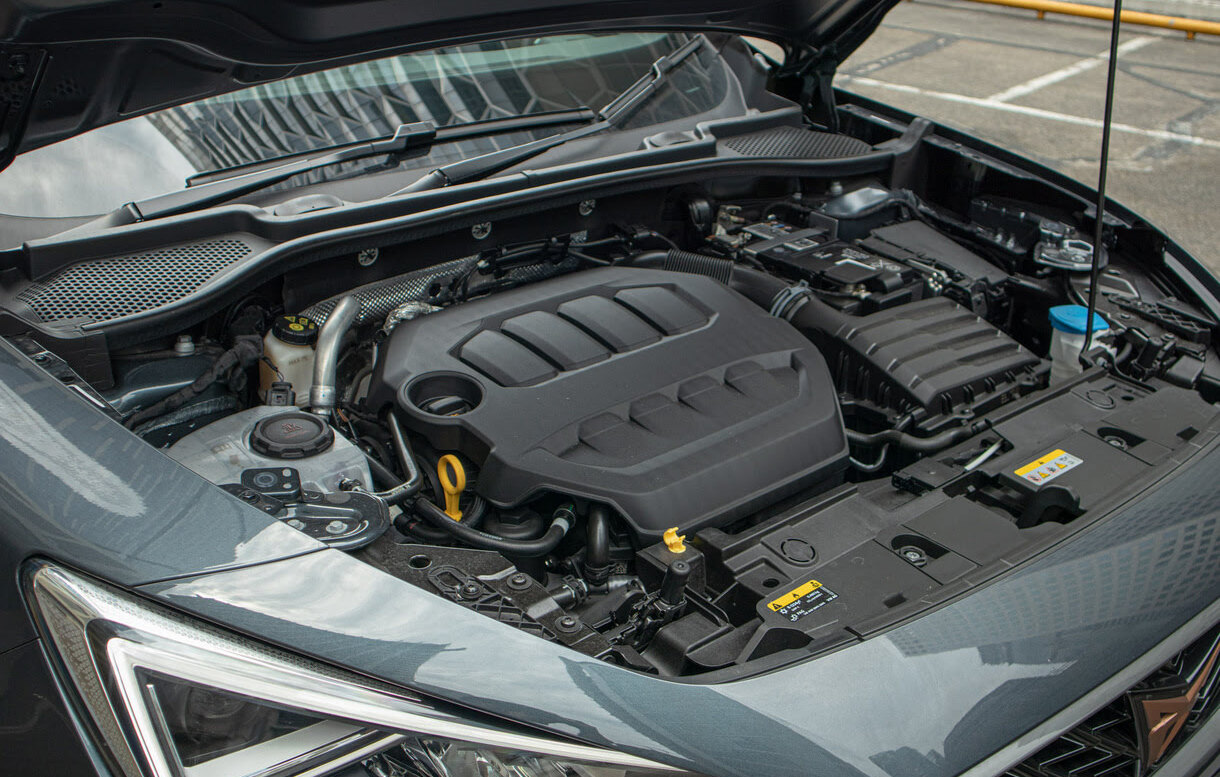

Articles
How To Choose An Electric Motor For A Car
Modified: January 8, 2024
Find the perfect size electric motor for your car with our informative articles. Explore expert tips and recommendations to optimize your vehicle's performance.
(Many of the links in this article redirect to a specific reviewed product. Your purchase of these products through affiliate links helps to generate commission for Storables.com, at no extra cost. Learn more)
Introduction
Electric cars have become increasingly popular as more people adopt sustainable and eco-friendly transportation options. One of the crucial components of an electric car is the electric motor, which is responsible for propelling the vehicle forward. Choosing the right size electric motor is essential to ensure optimal performance and efficiency.
When it comes to electric motor sizing, there are several factors to consider. These include the weight and size of the car, the desired acceleration and top speed, and the overall efficiency of the motor. Understanding these factors will help you make an informed decision and select the appropriate electric motor size for your car.
In this article, we will explore the key considerations when choosing an electric motor for a car, the importance of understanding motor power ratings, and how to calculate the required motor size. We will also provide electric motor size recommendations for different vehicle types.
So, let’s dive into the world of electric motors and discover how to find the perfect fit for your electric car!
Key Takeaways:
- Proper electric motor sizing is crucial for optimal performance, efficiency, and battery life in electric cars. Consider weight, performance, and efficiency to choose the right motor size.
- Understanding motor power ratings and consulting experts are essential for selecting the appropriate electric motor size for different vehicle types. Invest time in choosing the right motor for a better driving experience.
Read more: How To Choose The Right Electric Motor
Factors to Consider When Choosing an Electric Motor
When selecting an electric motor for your car, there are several important factors to take into account. Let’s explore each of these factors in more detail:
- Weight and Size of the Car: The weight and size of the car play a crucial role in determining the required motor size. Larger and heavier cars will require more powerful motors to ensure efficient performance.
- Desired Acceleration and Top Speed: Consider the level of acceleration and top speed you desire for your electric car. If you want quick acceleration and high top speeds, you will need a motor with higher power ratings.
- Efficiency: It’s important to choose a motor that is highly efficient to maximize the energy conversion and minimize energy loss. Look for motors with higher efficiency ratings, as they will help you get the most out of your electric car’s battery.
- Battery Voltage: The voltage rating of your car’s battery is an essential consideration when choosing an electric motor. Ensure that the motor you select is compatible with the voltage of your battery system.
- Operating Conditions: Think about the conditions in which your electric car will primarily be driven. If you live in a hilly area or plan to travel on rough terrains, you might need a motor with higher torque capabilities.
- Budget: Consider your budget limitations when selecting an electric motor. Higher power motors tend to come with a higher price tag. Find a balance between performance and cost that suits your needs.
By taking these factors into consideration, you can narrow down your options and choose an electric motor that best fits the requirements of your car. However, it’s important to understand motor power ratings and how to calculate the required motor size, which we will discuss in the following sections.
Understanding Motor Power Ratings
Motor power ratings are essential to understand when choosing an electric motor for your car. These ratings provide valuable information about the motor’s capabilities and help you determine if it’s suitable for your vehicle. Here are the key power ratings to familiarize yourself with:
- Horsepower (HP): Horsepower is a common unit of power measurement used for motors. It represents the rate at which work is done. The higher the horsepower rating, the more power the motor can deliver.
- Torque: Torque refers to the twisting force generated by the motor. It determines the motor’s ability to accelerate the car and overcome resistance. Higher torque ratings mean the motor can provide more force to move the vehicle.
- Voltage: Voltage rating indicates the electrical potential difference at which the motor operates. It is crucial to ensure that the motor’s voltage rating matches the voltage of your car’s battery system.
- Current: Current rating specifies the amount of electric current the motor draws during operation. It is crucial to consider the current rating to ensure it aligns with the capacity of your battery and electrical system.
- Efficiency: Efficiency measures how effectively the motor converts electrical energy into mechanical energy. It is expressed as a percentage and indicates the motor’s performance in minimizing energy loss.
Understanding these power ratings will help you determine the right motor for your electric car, taking into account the required horsepower, torque, voltage, current, and efficiency. However, it’s important to calculate the specific motor size needed for your vehicle, which we will discuss in the next section.
Calculating the Required Motor Size for a Car
Calculating the required motor size for your car involves considering various factors, including the weight of the vehicle, desired performance, and efficiency requirements. Here’s a step-by-step guide to help you determine the ideal motor size:
- Determine the Vehicle Weight: Start by finding out the weight of your car, including the passengers and cargo that it will typically carry. This information will help you gauge the power needed to propel the vehicle.
- Estimate the Desired Performance: Consider the level of acceleration and top speed you expect from your electric car. Higher performance requirements will necessitate a more powerful motor.
- Calculate the Required Torque: Torque is crucial in overcoming resistance and providing adequate acceleration. Calculate the torque required based on the weight of the vehicle and desired performance. You can consult with motor manufacturers or use online calculators for assistance.
- Account for Efficiency: Consider the desired efficiency of your electric car. A more efficient motor will use energy more effectively and provide better mileage. Take this into account when selecting a motor.
- Factor in Safety Margins: It’s advisable to add a safety margin to your calculations to account for unexpected variables or future modifications. This will ensure that your motor can handle any additional load or demands.
- Consult with Experts: If you are unsure about the calculations or need assistance, consult with experts in the field of electric vehicle motors. They can provide valuable insights and help you select the right motor for your car.
By following these steps and considering the weight, performance, efficiency, torque, and safety margins, you can calculate the required motor size for your electric car. Keep in mind that these calculations provide a general guideline, and it’s important to consult with professionals to ensure the accuracy of your calculations.
When determining the size of an electric motor for a car, consider the weight of the vehicle, desired acceleration, and top speed. A general rule of thumb is to aim for a motor that can deliver at least 4-6 horsepower per 100 pounds of vehicle weight for good performance.
Electric Motor Size Recommendations for Different Vehicle Types
When it comes to electric motors, different vehicle types have varying requirements due to differences in weight, size, and intended use. Here are some general recommendations for electric motor sizes based on common vehicle types:
- Sedans and Compact Cars: For smaller sedans and compact cars, a motor with a power rating of around 80 to 120 horsepower (HP) and torque of approximately 150 to 200 Newton-meters (Nm) should be sufficient. This size of the motor provides efficient performance for everyday driving.
- SUVs and Crossovers: Larger vehicles like SUVs and crossovers require more power to move their increased weight. Consider motors with power ratings ranging from 150 to 200 HP and torque of around 250 to 350 Nm to ensure adequate acceleration and performance.
- Performance and Sports Cars: Performance-oriented vehicles often require high power and torque for quick acceleration and top speeds. Depending on the specific model, electric motors with power ratings exceeding 200 HP and torque exceeding 400 Nm may be necessary to deliver the desired performance.
- Commercial Vehicles and Trucks: Electric motors for commercial vehicles and trucks need to handle heavier loads. For these applications, motors with power ratings of 200 to 300 HP or higher and torque of 500 Nm or more are typically recommended to ensure sufficient pulling power and efficiency.
These recommendations are general guidelines, and the specific motor size needed may vary depending on factors such as desired performance, operating conditions, and efficiency requirements. It’s always best to consult with professionals or motor manufacturers who can provide tailored recommendations based on your vehicle’s specifications.
Remember, choosing the right electric motor size is crucial for optimal performance, efficiency, and overall driving experience in different vehicle types.
Read more: What Type Of Electric Motor Is Used In Cars
The Importance of Proper Electric Motor Sizing
Proper electric motor sizing is crucial for several reasons, as it directly impacts the performance, efficiency, and longevity of your electric car. Here’s why choosing the right motor size is of utmost importance:
- Optimal Performance: Selecting the correct motor size ensures that your electric car can accelerate smoothly, reach desired speeds, and handle various driving conditions. A properly sized motor provides the necessary power and torque to meet your performance requirements.
- Efficiency and Range: Electric motors that are correctly sized for your vehicle help maximize the energy conversion from the battery to mechanical power. This improves overall efficiency, enabling your electric car to achieve better mileage and extend its range on a single charge.
- Battery Life: Electric motors that are too large or too small for your car can cause unnecessary strain on the battery system. Oversized motors may drain the battery quickly, while undersized motors may draw excessive current, leading to premature battery degradation. Proper motor sizing ensures optimal battery performance and longevity.
- Reliability and Durability: Choosing the right motor size ensures that the components of your electric car, including the motor itself, are not subjected to excessive stress. This helps prolong the lifespan of the motor and reduces the risk of premature failure, resulting in a more reliable and durable vehicle.
- Safety: Inadequately sized motors can compromise the safety of your electric car. Motors that lack sufficient power may struggle to handle demanding driving conditions, such as uphill climbs or sudden acceleration requirements. Proper motor sizing ensures that your vehicle can safely maneuver under various circumstances.
By properly sizing the electric motor for your car, you can optimize its performance, improve efficiency, extend battery life, enhance reliability, and ensure a safe driving experience. It’s important to carefully consider the factors involved in motor sizing and consult with experts or manufacturers who specialize in electric vehicle technology.
Remember, investing time and effort into choosing the right motor size for your electric car will pay off in terms of enhanced performance, efficiency, and overall satisfaction with your electric vehicle.
Conclusion
Choosing the right size electric motor is a critical decision when it comes to maximizing the performance and efficiency of your electric car. By considering factors such as vehicle weight, desired acceleration and top speed, efficiency, and operating conditions, you can determine the appropriate motor size for your specific vehicle type.
Understanding motor power ratings, including horsepower, torque, voltage, current, and efficiency, helps in making informed decisions during the selection process. Calculating the required motor size by considering the vehicle weight, performance, efficiency, torque, and safety margins is also crucial to ensure optimal performance.
When it comes to different vehicle types, sedan and compact cars generally require motors with lower power and torque ratings, while SUVs, performance cars, and commercial vehicles need more powerful motors to handle the additional weight and performance demands.
The importance of proper electric motor sizing cannot be emphasized enough. It directly affects the performance, efficiency, battery life, reliability, and safety of your electric car. Investing time and effort in choosing the right motor size will undoubtedly result in a better driving experience and long-term satisfaction.
Lastly, don’t hesitate to seek advice from experts in the field of electric vehicle technology. They can provide tailored recommendations and valuable insights based on your specific requirements and vehicle specifications.
So, make an informed decision, select the right electric motor size, and enjoy the benefits of a well-performing and efficient electric vehicle!
Frequently Asked Questions about How To Choose An Electric Motor For A Car
Was this page helpful?
At Storables.com, we guarantee accurate and reliable information. Our content, validated by Expert Board Contributors, is crafted following stringent Editorial Policies. We're committed to providing you with well-researched, expert-backed insights for all your informational needs.
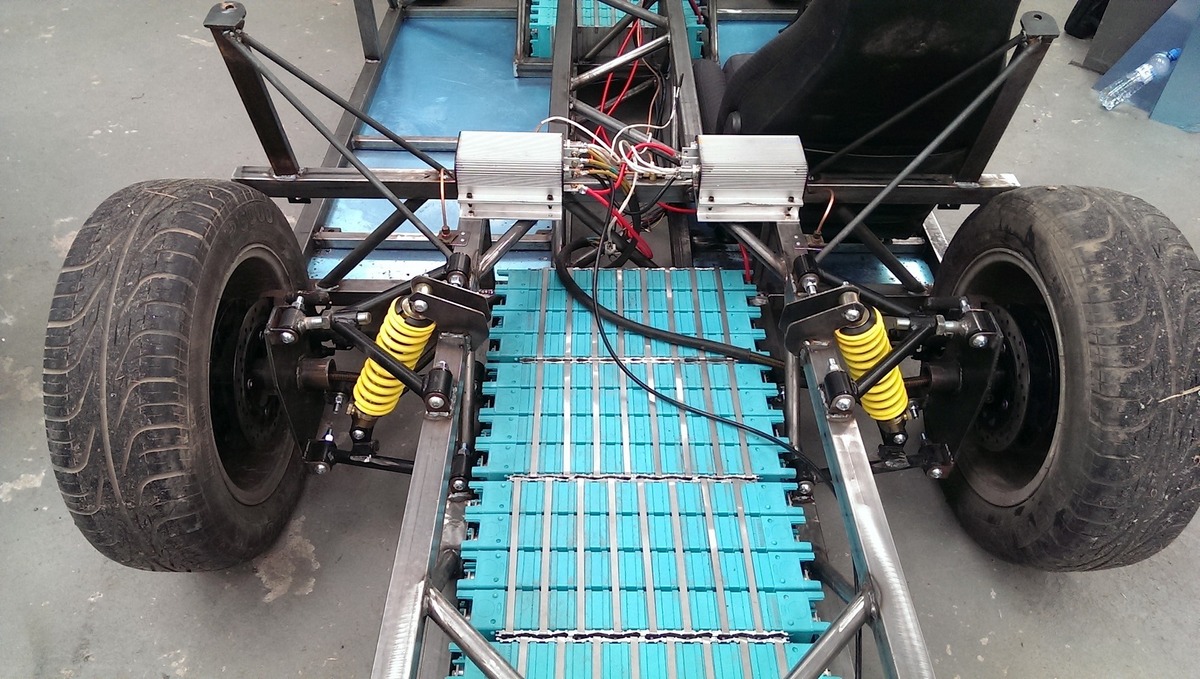
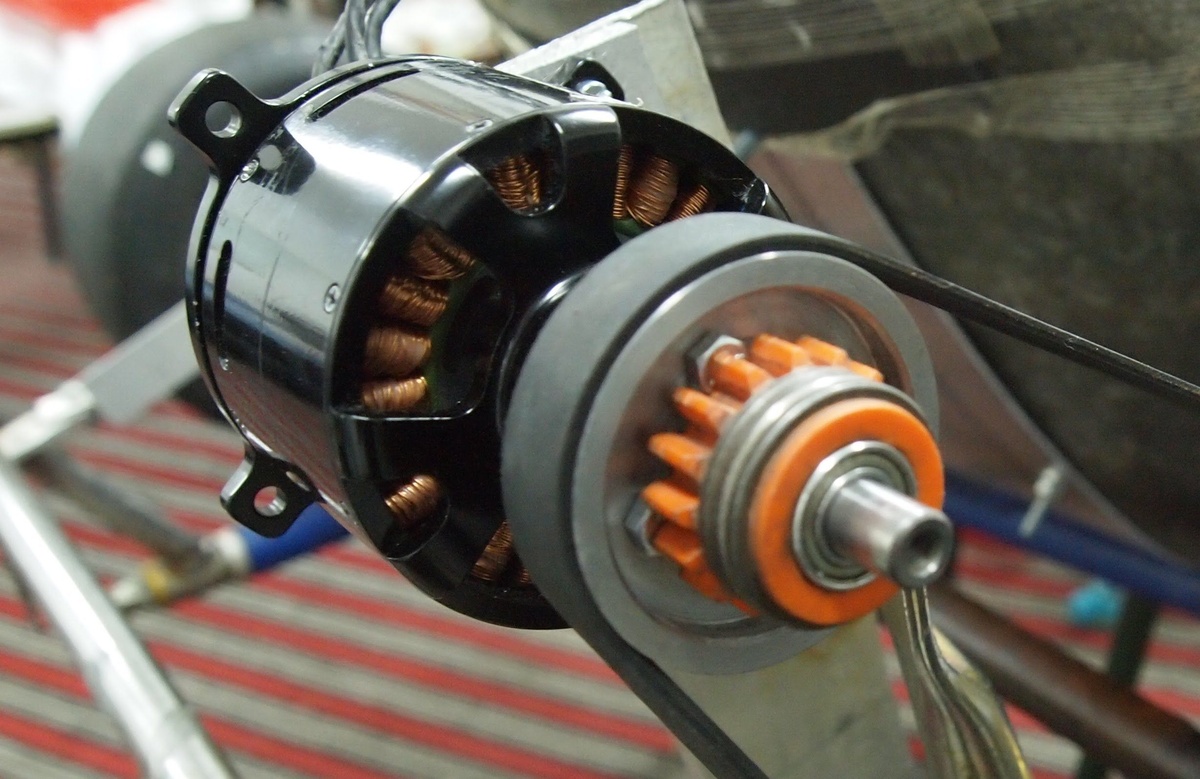


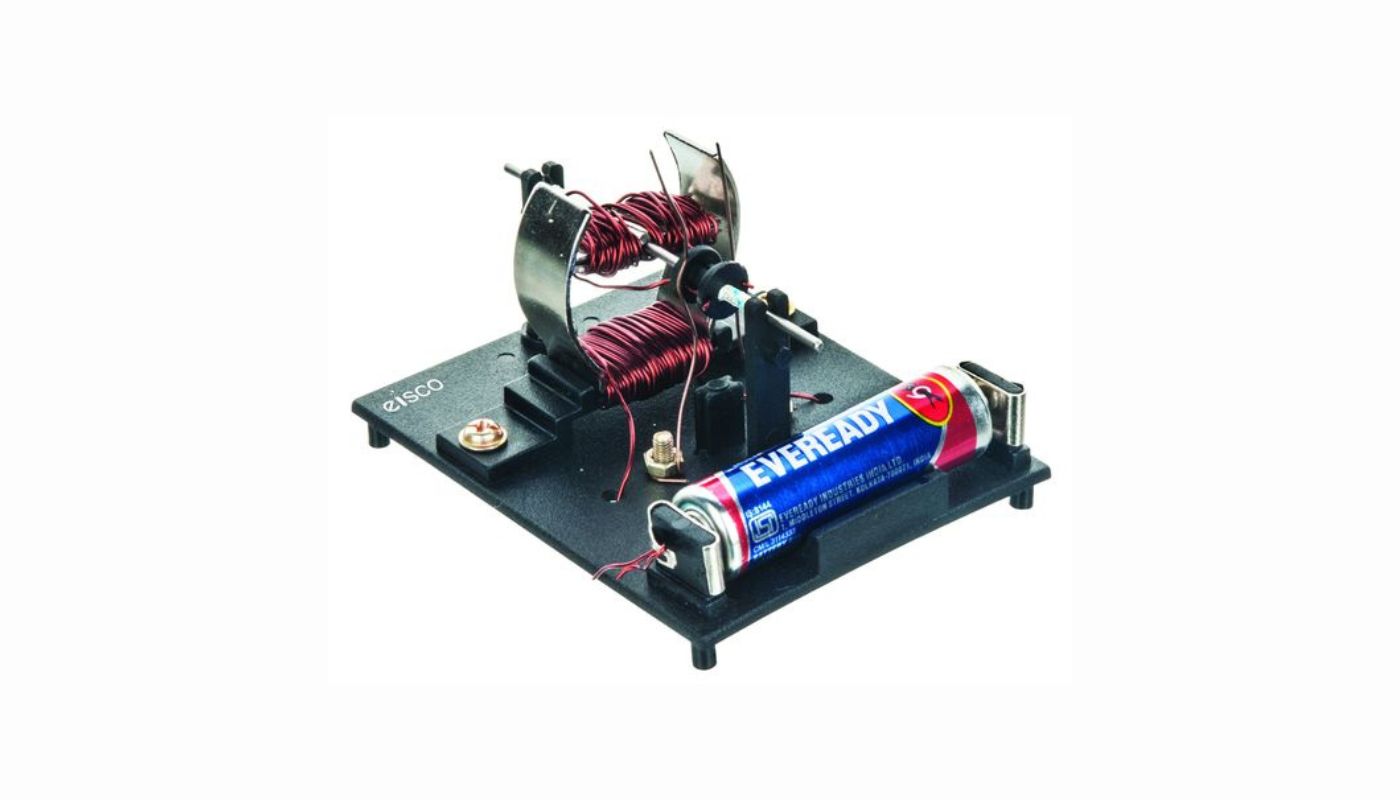
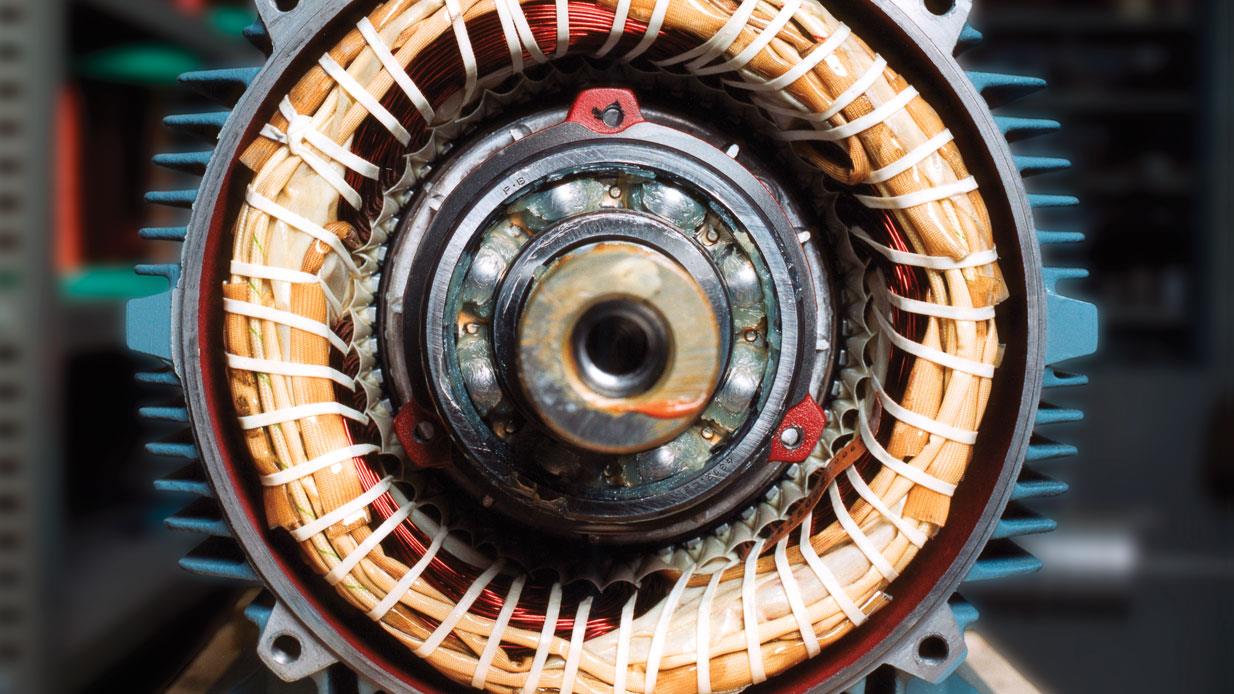
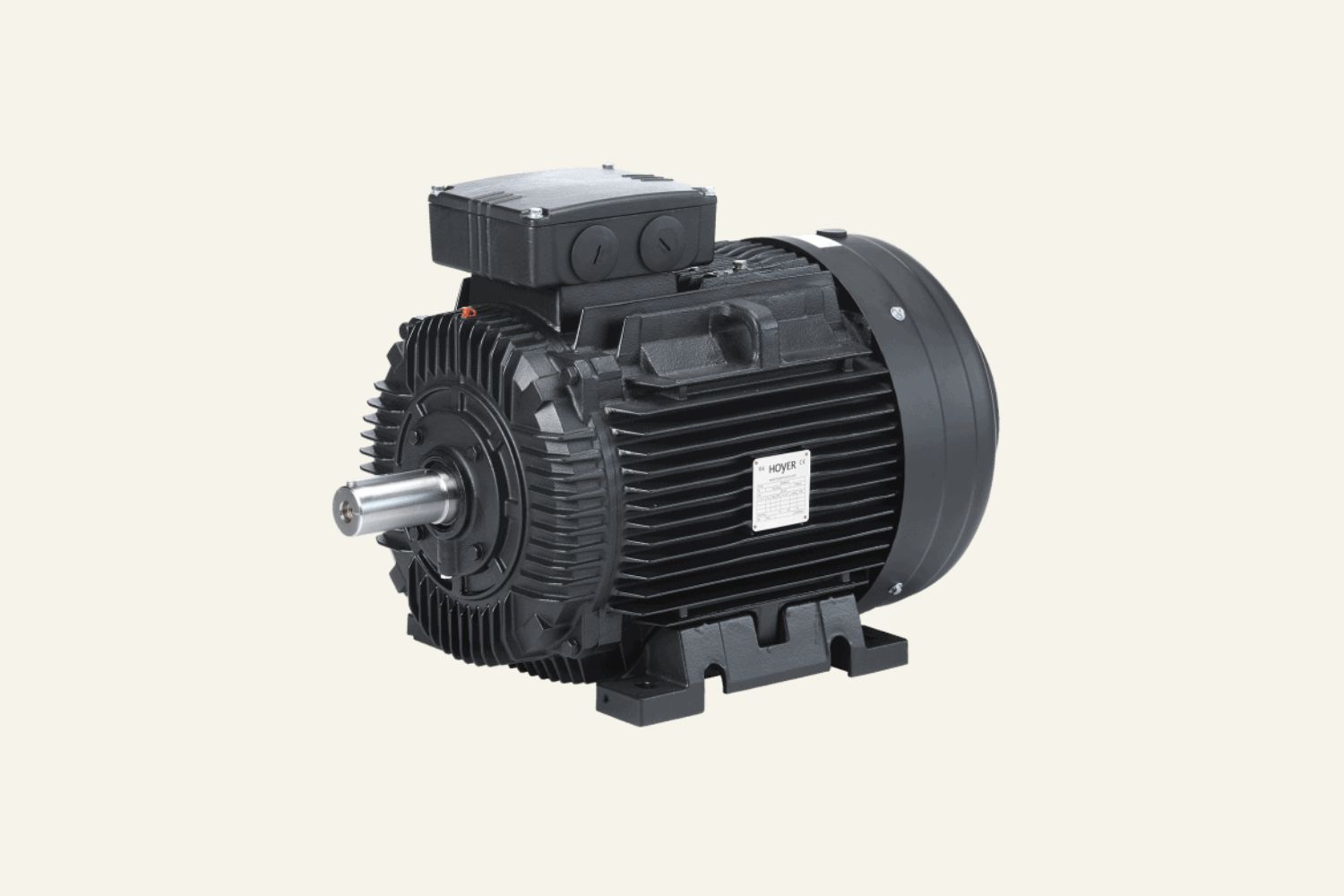
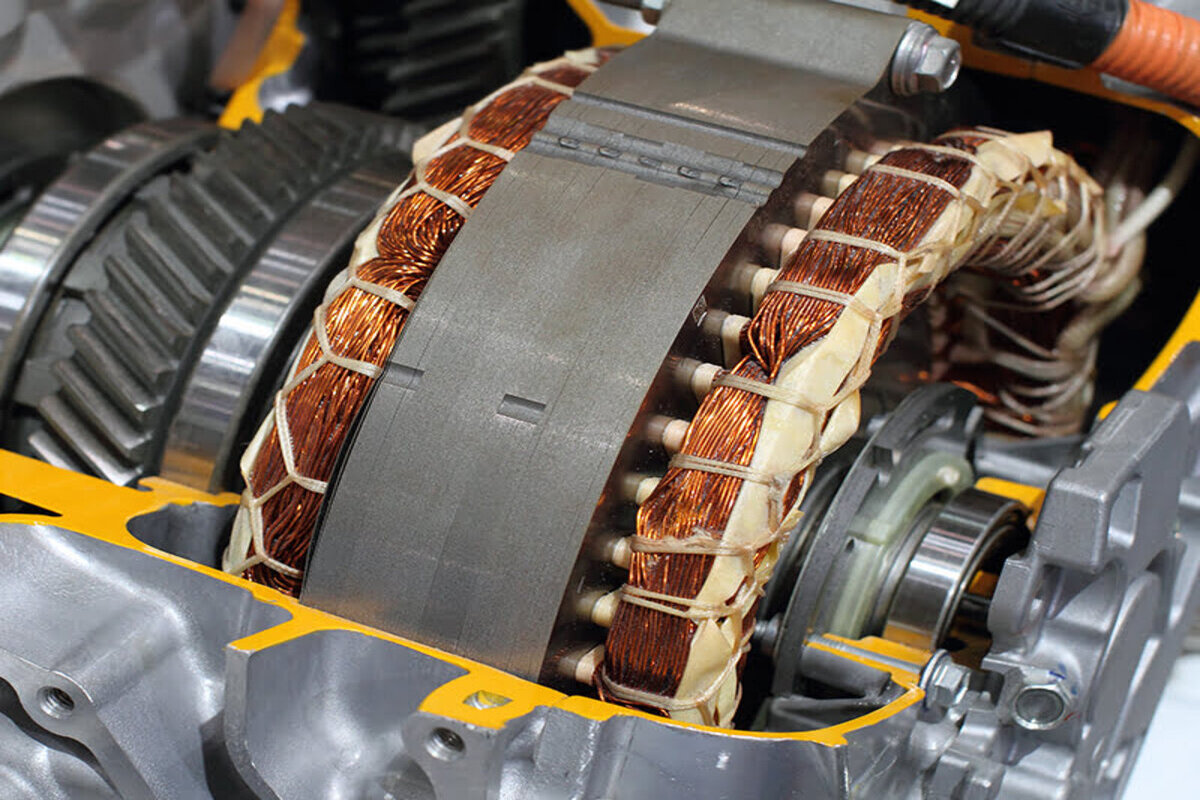
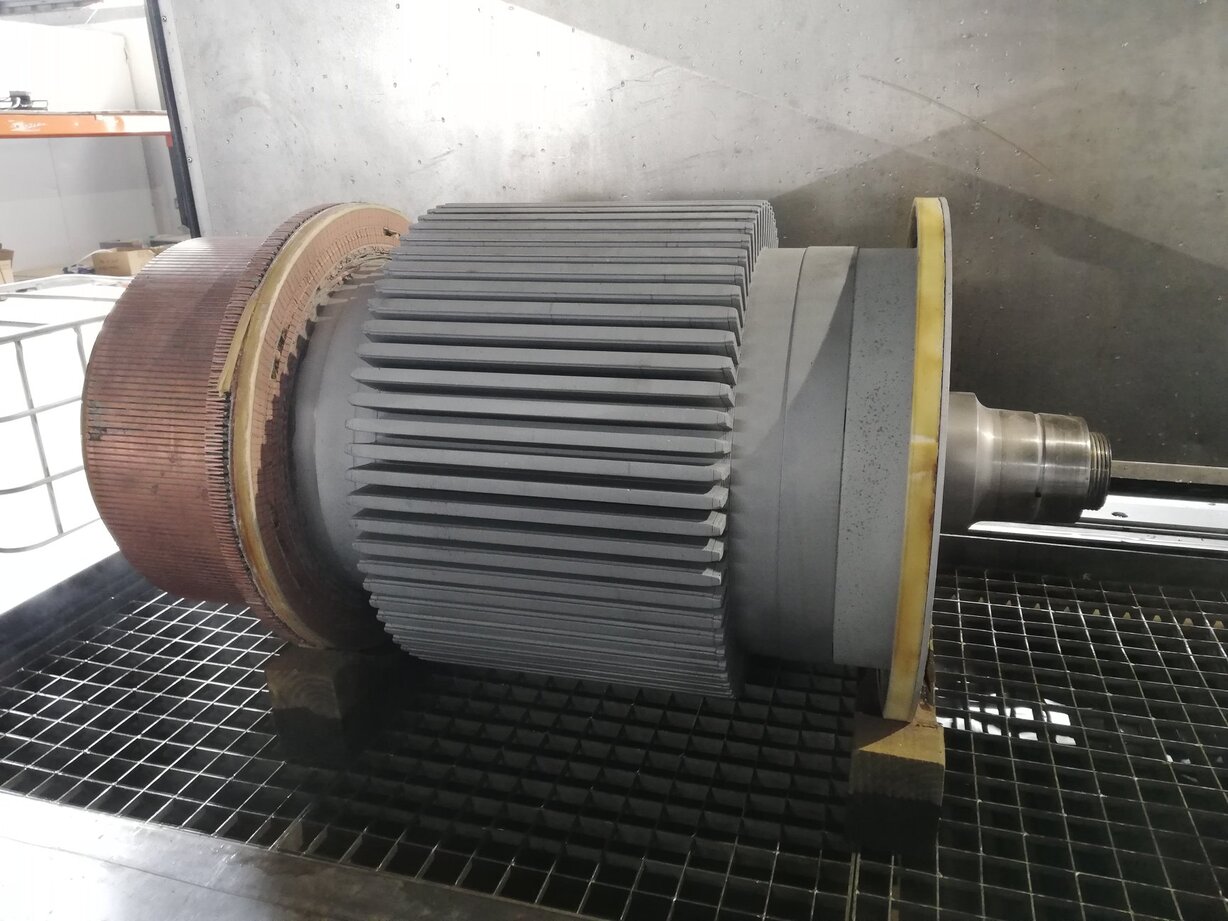
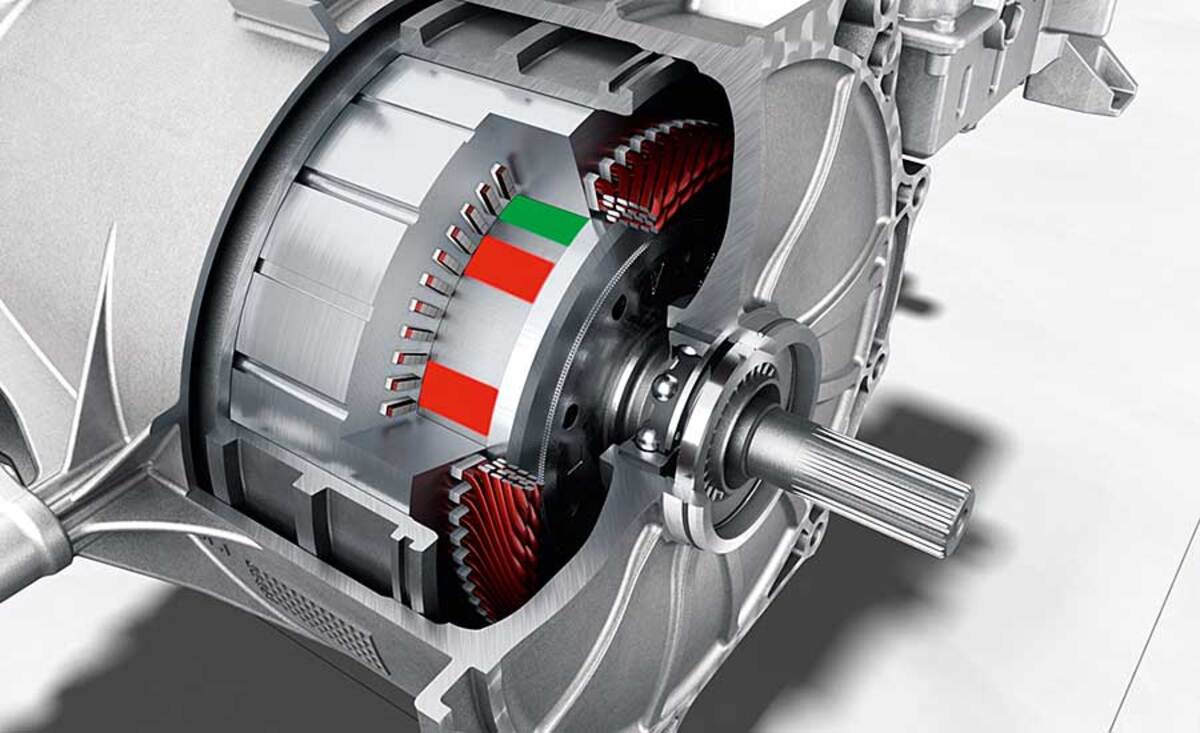
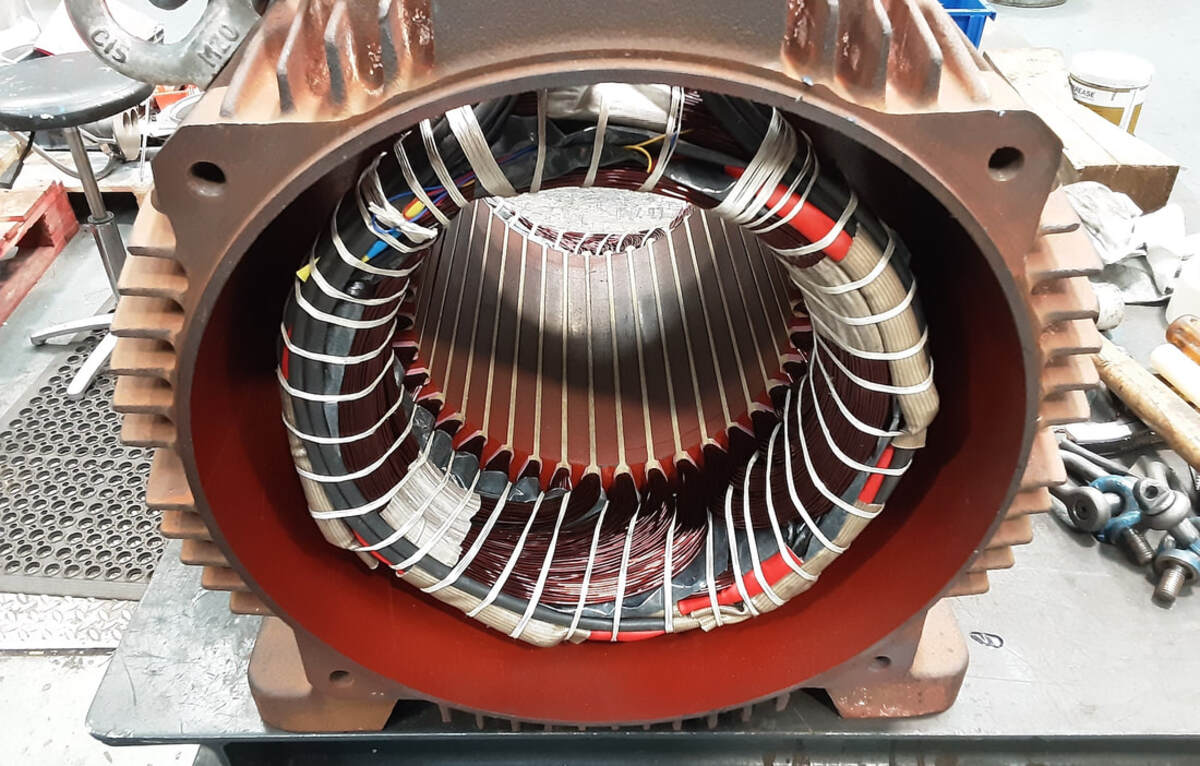
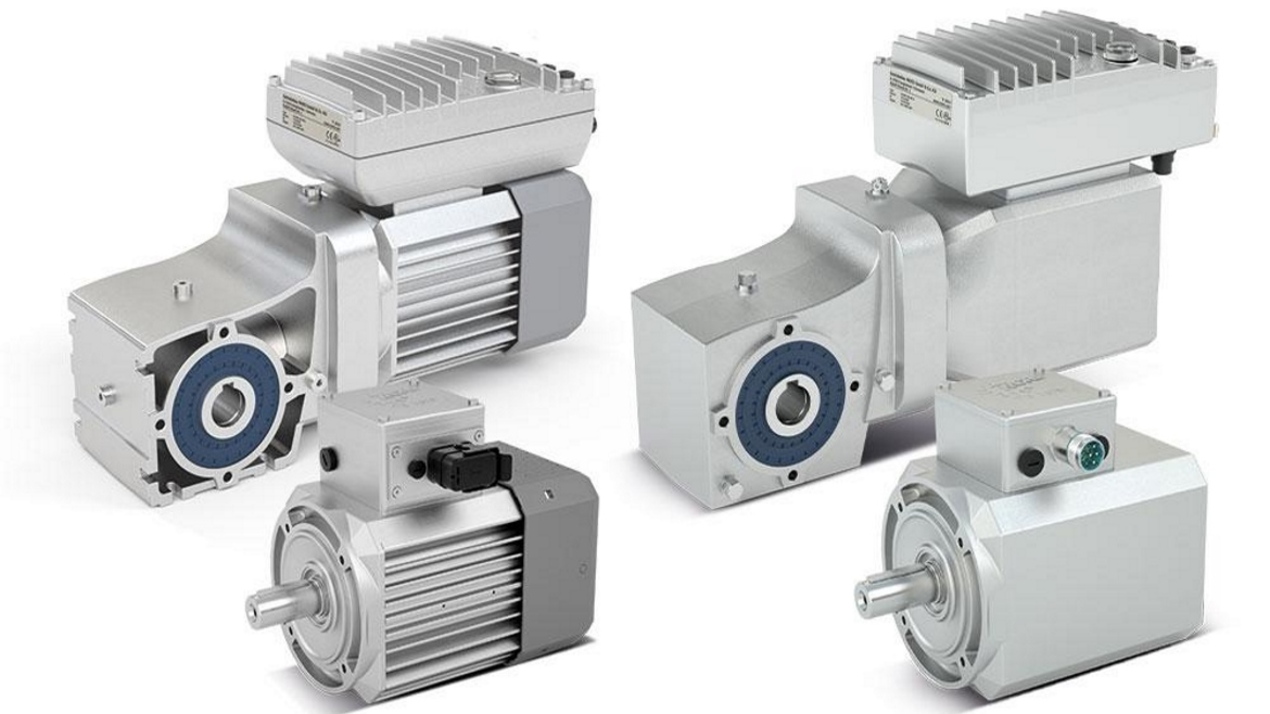
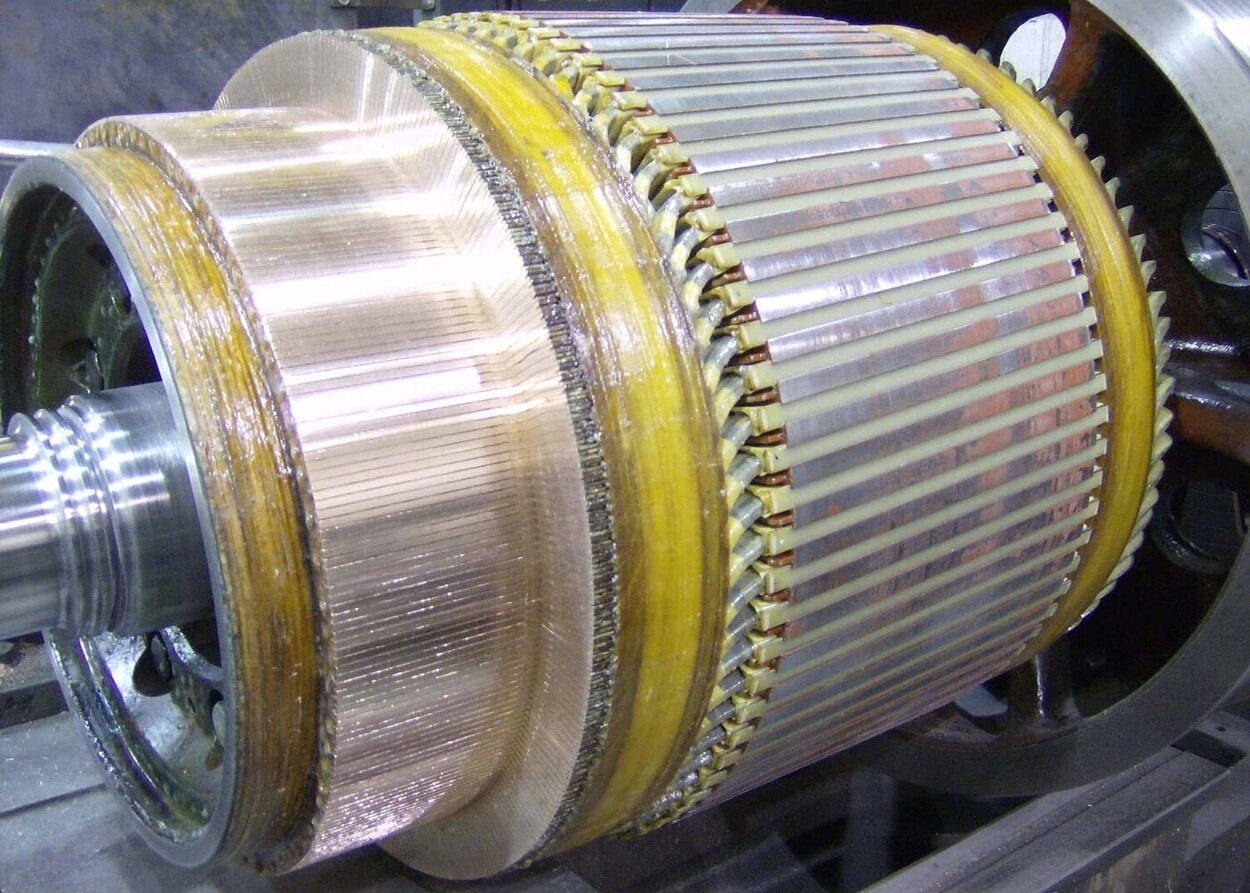
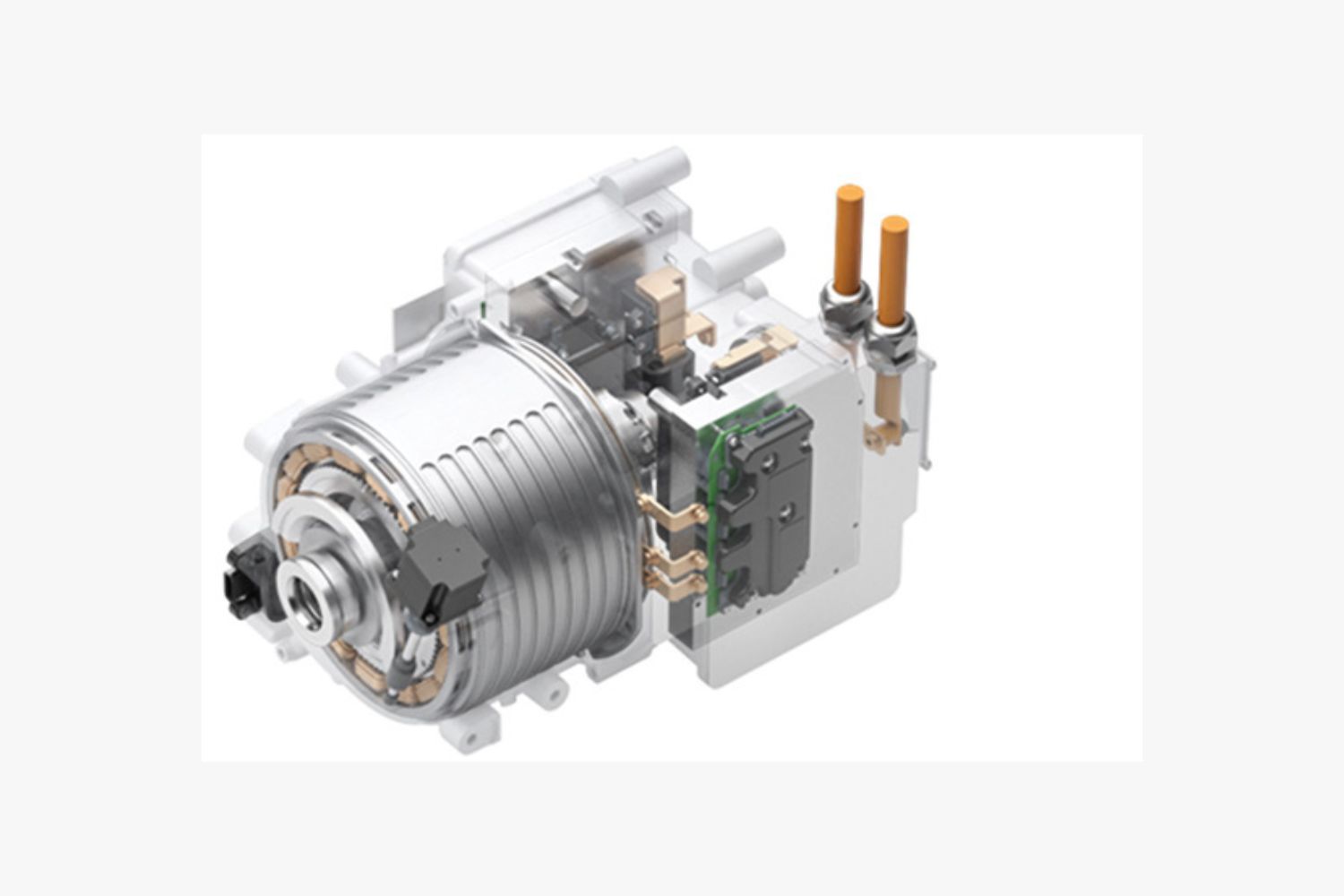

0 thoughts on “How To Choose An Electric Motor For A Car”